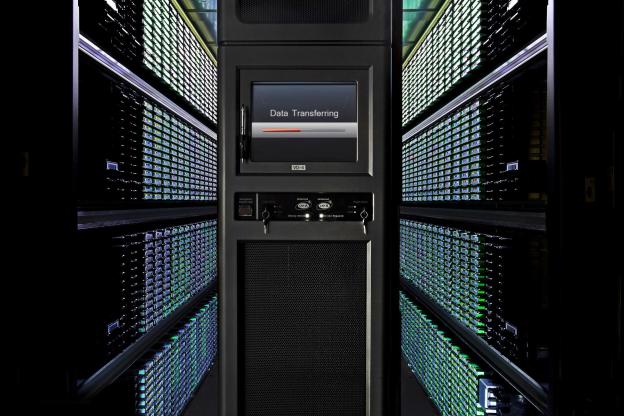
As you must have heard by now, reports out this week reveal that the United States government is spying on Americans’ communications data.
The first report, published by the Guardian, shows that the National Security Agency (NSA) requires Verizon to hand over all call records on an “ongoing, daily basis,” according to classified documents obtained by the U.K. news outlet. The records do not contain the contents of phone conversations, but do include data about who called whom, when calls were placed and from where, and how long those calls lasted.
There is a difference between hearing about a dead body, and seeing one right in front of your eyes.
All of the companies – save AOL and PalTalk – have denied knowing about the massive spying program, and say they do not provide the government with access to their servers. (Some speculate that the “direct” access is through Internet service providers, not the companies themselves, which is potentially corroborated by a report from the Wall Street Journal, which reveals that ISPs were roped in as well.) Update: The New York Times reports that these companies not only knew about what was happening, but complied with the government’s demands to allow access to our data, and were legally obligated to deny that the spying operations even exist. James Clapper, the director of National Intelligence, President Obama, and various Members of Congress all assert that the data collection programs are entirely legal and necessary for maintaining national security.
My response to all this? No shit.
And I would bet that’s your response, as well. We all assumed this kind of surveillance was happening. Now we know that it is. Are we disgusted? Maybe. Shocked? Not a chance.
So, will anything change? Will the public suddenly take up arms over violations of privacy – and our privacy is being violated, whether or not you agree that it’s justified – that we all figured was taking place all along?
Privacy died long before PRISM.
Of course, there is a difference between hearing about a dead body, and seeing one right in front of your eyes. So perhaps this week will wake us all up to the fact that we have destroyed essential liberties – the right to not be spied on, the right against unreasonable searches and seizures, to name the most obvious ones – in an attempt to maintain the semblance of normal life. Perhaps it will launch a vital public debate about the need for transparency in government, even on national security matters. Perhaps we will all get on the phone with our representatives in Congress and demand that they repeal the laws that made PRISM and all the rest “legal,” or else. Perhaps.
More likely, I believe, is that we will post our outrages on Facebook and Twitter for a day or two. We might even talk about PRISM with our friends, maybe complain a little about the hypocrisy of a country that sells itself as the land of the free, while listening in on people’s Skype calls. And then we will forget, it will all go back to the way it was before these reports surfaced – just good enough to keep us out of the streets.


